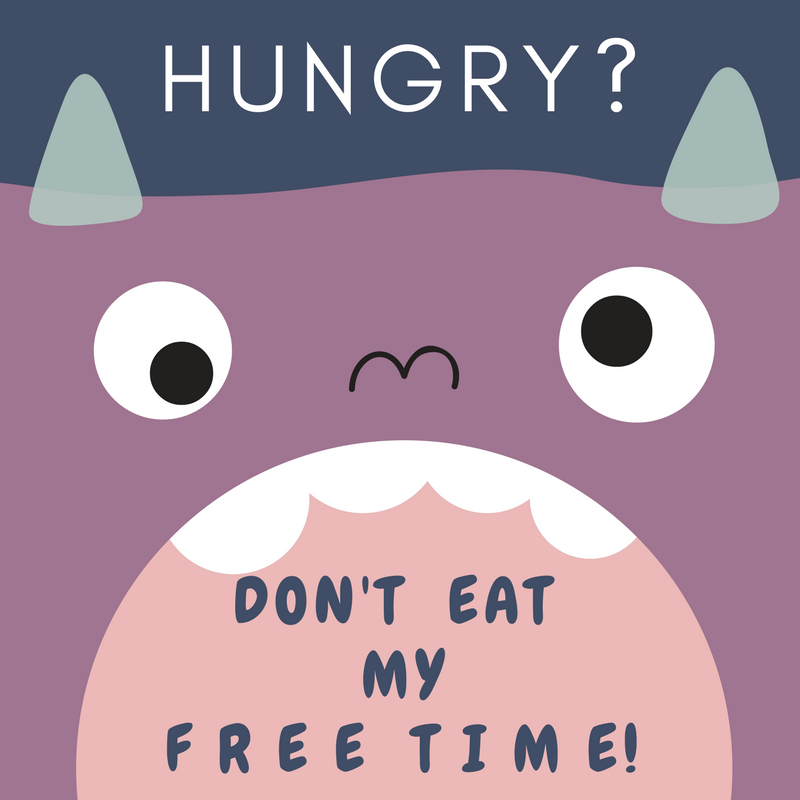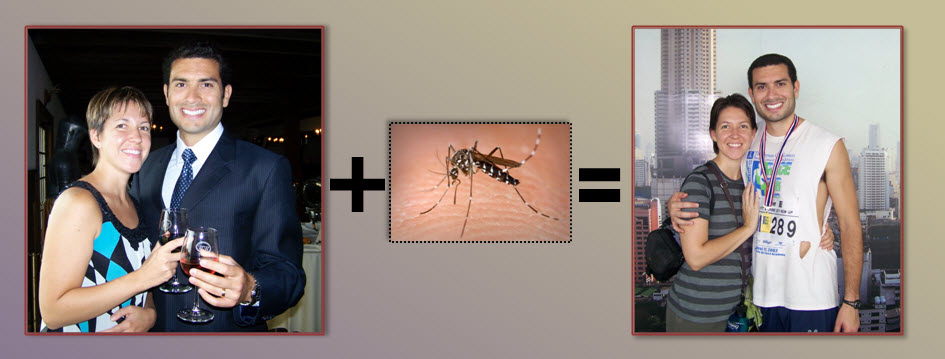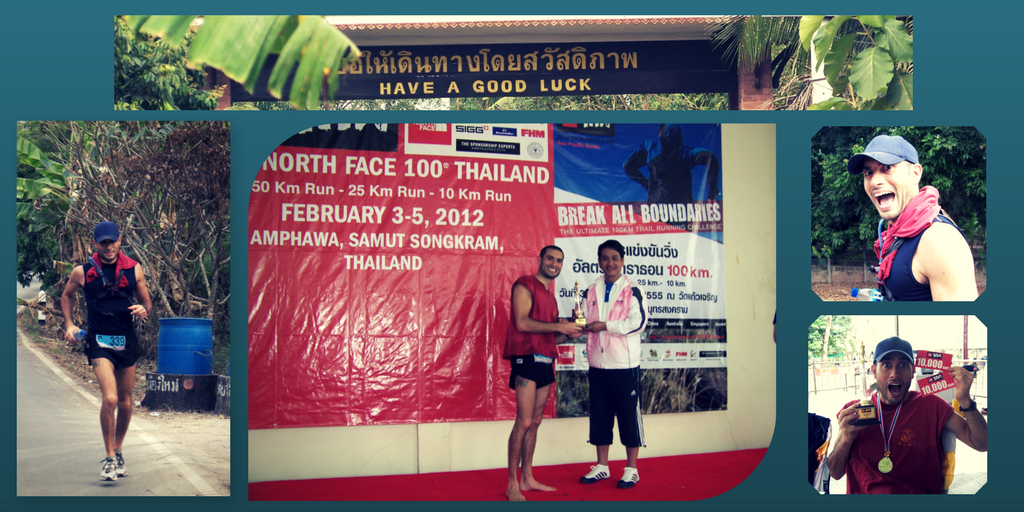Every child of the 80s knows and loves Sesame Street’s resident sugar fiend – Cookie Monster. For those without children, Cookie now goes by the name, ‘Veggie Monster’ and sings how, “A cookie is a sometimes food” instead of his classic, “C is for Cookie.” While the passing of an iconic cookie jar and endless cookie metaphors is sad, I fully support the growing movement to combat childhood obesity and type II diabetes. But whether its cookies or veggies, the fact still remains that monsters are out there who want to eat and eat and eat. And for anyone pursuing their goals, we must be wary of those monsters that eat up our time.
There seems to be a trend among bloggers to give practical tips on how to do things; a plethora of digital ‘How to’ manuals floating endlessly on the internet. In an effort to better serve the Me.Now. community, I offer this week’s post in ‘How to’ form. Please leave your feedback in the comments section below so I can understand if this is a format you enjoy! Without further ado, I present:
“How to avoid predatory priorities with 3 easy questions”
A predatory priority, also known as a ‘time suck,’ ‘succubus,’ ‘waste of time,’ ‘fool’s errand,’ ‘red herring,’ or ‘snipe hunt’ is a false priority that consumes time without providing any return for the effort. I call it a false priority because, had we recognized the predator for what it was in the beginning, we never would have given it our time and attention. Instead we have been captured by it – snared in its teeth and mauled by its constant churn. While hindsight is 20/20 and we know the trap when we are in it, experience as prey does not necessarily equate to prevention. I therefore offer the following questions as a checklist that we can use before committing to new activities, new relationships, or new projects. By asking ourselves the following questions and answering them honestly, we can recognize predatory priorities and escape them before they strike!
Question 1: Will this act/relationship/project bring me closer to my goals? Too often we answer this question with, “It can’t hurt to try!” And even after we learn that YES – it can absolutely hurt to try – we still find ourselves answering the same way again and again. If we want to avoid a predator, we first have to open our eyes and see it. When we lean on failed wisdom like ‘it can’t hurt to try,’ we are closing our eyes willingly and serving ourselves up for anyone or anything that wants to consume our time and resources. Instead, answer the question honestly. YES – this will bring me closer to my goals; NO – this will not bring me closer to my goals, or I DON’T KNOW – I need more information to determine Yes or No. Not knowing is a totally acceptable answer. It gives you the space to learn more without committing yourself to something you don’t understand and may not enjoy. Predatory priorities want you to commit in ignorance and feel obligated to stay even after you recognize the trap. Don’t give them the satisfaction; let them feed off someone else.
Question 2: Will this act/relationship/project introduce me to others working toward their own goals? Religious texts, cognitive research experiments, and dime-store horoscopes agree that ‘We become the company we keep.’ We’ve all seen it in our lives, usually peaking first in middle school and then again the first year of college. It happens in groups, in private, and even in public – we begin to take on the energy and the behaviors of those around us. While participating in something for entertainment purposes (a party, a multiplayer video game, a concert) can be enjoyable in the moment, we have to be careful that the moment does not turn into multiple moments that grow into a practice of being entertained. Entertainment is the worst kind of succubus and often hides itself by mimicking ‘quality time’ with others. Let me give you some examples: Facebook, Happy Hour, Night Clubs, Tailgates – while all of these things can be fun, I’m willing to bet that we do not have fun every time we participate. Even more, when our peers begin to expect our attendance, we feel pressured to keep attending. So we find ourselves spending time and resources responding to IMs we don’t care about, drinking drinks we don’t want to drink, and paying cover charges we don’t want to pay. Conversely, when you surround yourself with people working toward their own goals, you find yourself re-energized to put time and money into your own achievements and grow with the group.
Question 3: Will this act/relationship/project increase my energy or drain my energy? It’s the great family Thanksgiving Day meal question!! You know the feeling; that sinking stomach when you know that you are expected to show up, bring a dish, fake that the white meat isn’t dry, and smile your way through the over-sweetened candied yams. While family events are an easy example for this type of predator, the truth is that this scenario plays out much more often than just on holidays. We know instinctually what will energize us and what will drain us. Things that energize us are things ‘we like’ and things that drain us are usually things we ‘don’t like.’ It can feel both basic and revolutionary to abandon perceived obligations and strike out on your own. People might judge you, they might try to guilt you, they might even reject you, but that is how you catch a predator. Anytime shaming, guilting or judgment enters the game, you know you just cornered a beast. And nothing is more vicious than a cornered predator.
Keep these three questions in the toolbox; they are one possible rubric to help with day-to-day decisions. When we are courageous enough to consider these questions and answer them honestly, there is nothing that will keep us from our goals.
Predators prey on the weak by design. When we are strong, predators stay at bay. When the strong run together, we become even less appealing to possible predators. Run with us and see how far you can go.









